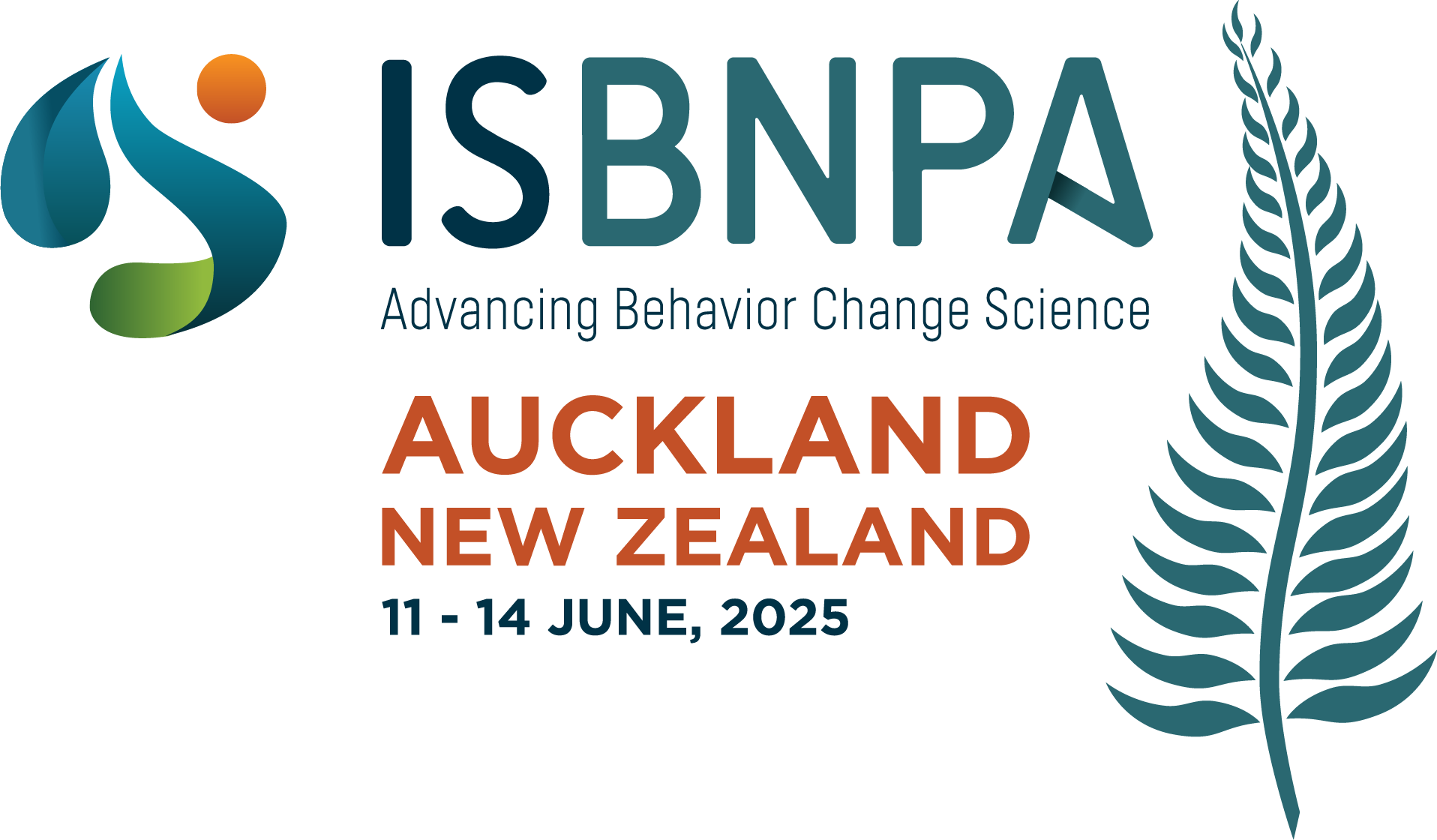ISBNPA 2024 Keynote Speakers
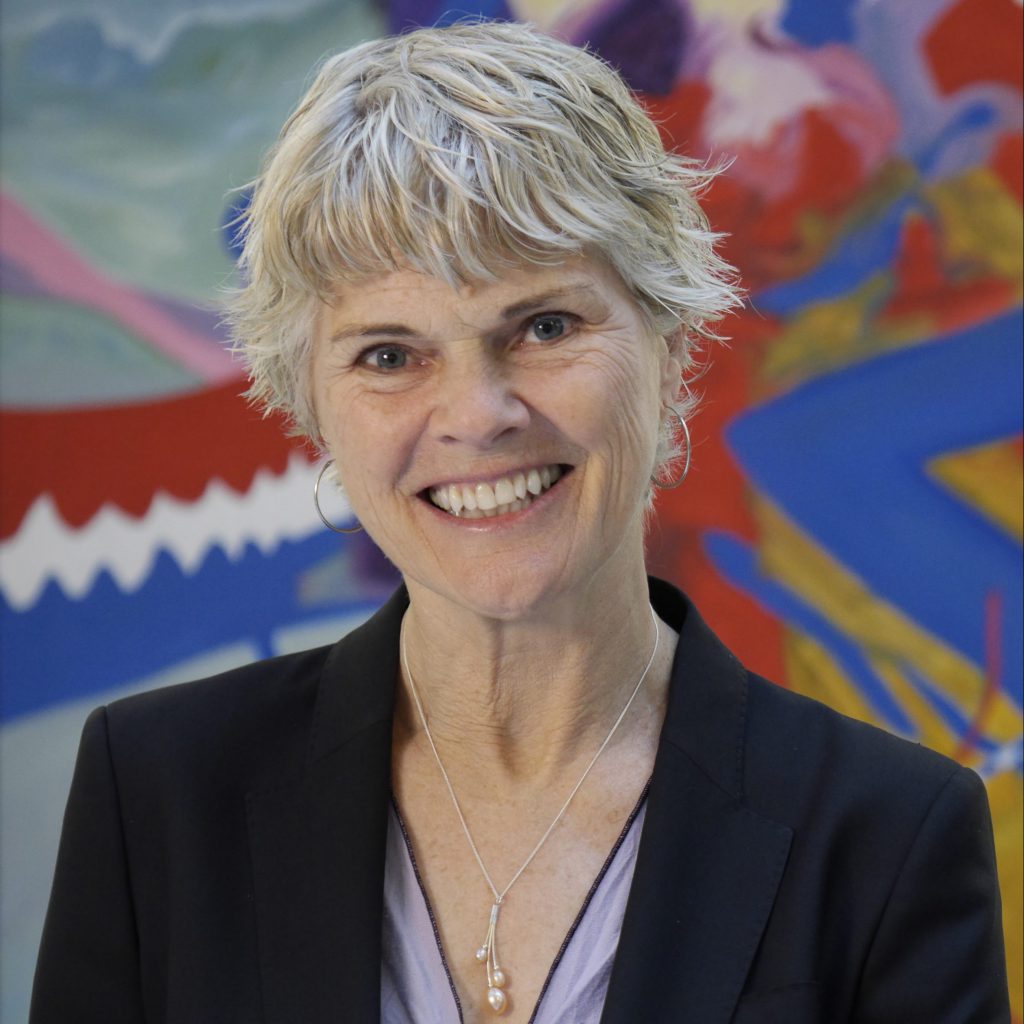
Heather McKay– Scaling up effective physical activity interventions: Is there a secret sauce?
University of British Columbia, Canada
Research in health aging
Professor McKay is passionate about community-based health research—working with community partners to find ways to scale-up effective health interventions to positively effect health at a population level. Her program of research encompasses: (i) effective interventions and myriad factors that influence the health of children, and the physical (eg., mobility), social (e.g., social connectedness) and mental (e.g., loneliness) of older adults; (ii) the design, implementation and evaluation at scale of effective community-based health promoting interventions (implementation science), and (iii) knowledge mobilization. Professor McKay has published >260 peer reviewed papers and accrued >$70M in competitive grant funding. At UBC, Professor McKay is Active Aging Research Team lead scientist. She has a >15-year collaboration with BC Min of Health and currently leads a multi-level partnership (researchers, government, health authorities and NGOs) to enact Active Aging BC (ABC). Professor McKay’s research team is currently scaling up and evaluating ABC’s signature program--Choose to Move--across British Columbia. Choose to Move engaged more than 95 community based organizations as delivery partners and 8000 older adults. Choose to Move effectively enhanced physical activity, mobility and decreased social isolation and loneliness in older adults who participated.
Building interdisciplinary teams
Professor McKay convenes highly effective, interdisciplinary research teams. She connects scholars with an array of cross-sectoral community and government stakeholders to “move research into action” to positively impact the health of children and older adults. Professor McKay led eight CIHR and Peter Wall Institute of Advanced Studies teams that focused on aspects of older adult health (>$10M grant funding) in different settings (e.g. community, built environment, assisted living). Professor McKay was inaugural Director (2006-16), Centre for Hip Health & Mobility, a multidisciplinary, $40M CFI funded centre that aimed to enhance mobility and health across the life course. More recently she co-led UBC’s Healthy Aging Research Excellence cluster that convened 200 researchers, 50 trainees and 50 community partners across 10 academic disciplines to ignite collaboration in healthy aging research.
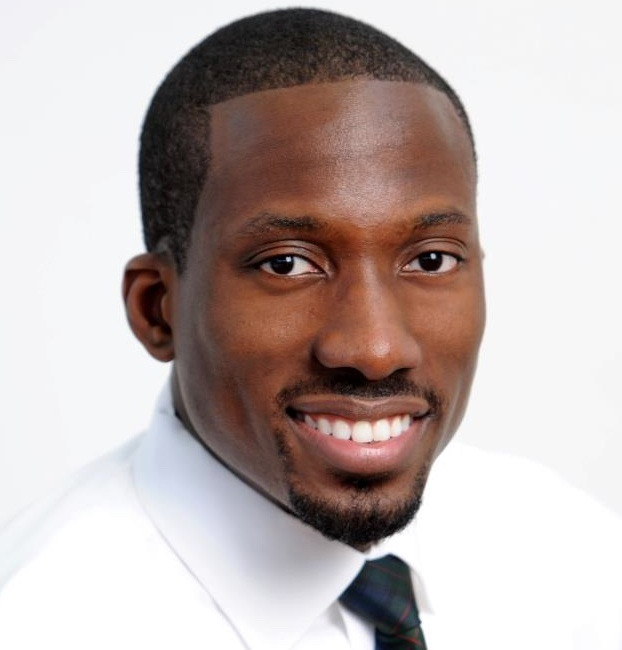
Kofi D. Essel, MD, MPH, FAAP – Food as Medicine for All: Novel Family Centered Strategies to Addressing Food & Nutrition Insecurity
Elevance Health, USA
Kofi D. Essel, MD, MPH, FAAP, is the inaugural Food as Medicine Program Director at Elevance Health. As a core member of the Health Outcomes Organization team, he works to coordinate with the broader social impact strategy, health equity, and medical policy initiatives throughout the enterprise. He leads efforts in designing innovative approaches to address diet related chronic diseases and social risk using novel food interventions.
Dr. Essel is a board-certified community pediatrician at Children’s National Hospital(CNH) and Clinical Associate Professor of Pediatrics at the George Washington University(GWU) School of Medicine & Health Sciences in Washington, D.C. Most recently serving as the Director of the GWU Culinary Medicine Program. Dr. Essel has dedicated his career to advocacy/research around healthcare and public health workforce training, health disparities, and community engagement, with expertise and national recognition in the areas of addressing diet related chronic disease and food insecurity with patients and families.
Dr. Essel sits on the National Academies of Sciences, Engineering, and Medicine’s Roundtable on Obesity Solutions’ Lived Experience Innovation Collaborative and was nationally recognized by the Alliance for a Healthier Generation for helping to create an innovative curriculum to enhance pediatric resident trainee skills on nutrition related disease management.
Dr. Essel sits on the board of directors for the Food Research and Action Center (FRAC) and serves as physician advisor for the Partnership for a Healthier America’s “Veggies Early & Often” campaign. Dr. Essel is a member of the executive committee for the American Academy of Pediatrics Section on Obesity. He also co-authored a national toolkit for pediatric providers to address food insecurity in their clinical settings with the AAP and FRAC. Dr. Essel earned a B.S. from Emory University with a focus on human biology/anthropology and earned his M.D. and M.P.H. in Epidemiology from GWU.

Lisa Powell – Fiscal Policies for Health: Worldwide Evidence on the Impacts of Sugar-sweetened Beverage Taxes
University of Illinois, Chicago, USA
Lisa M. Powell, Ph.D. is Distinguished Professor and Director in the Division Health Policy and Director of the Policy, Practice and Prevention Research Center in the School of Public Health at the University of Illinois at Chicago. Dr. Powell’s research assesses the importance of economic and contextual factors on food consumption, physical activity and obesity outcomes, including related disparities; and, in particular, it contributes to evidence on food policy, health taxes and child-directed marketing. Dr. Powell’s research has been funded by Bloomberg Philanthropies, Laura and John Arnold Foundation, Robert Wood Johnson Foundation, CDC, NIH, and USDA, and she serves on national and international expert advisory committees.
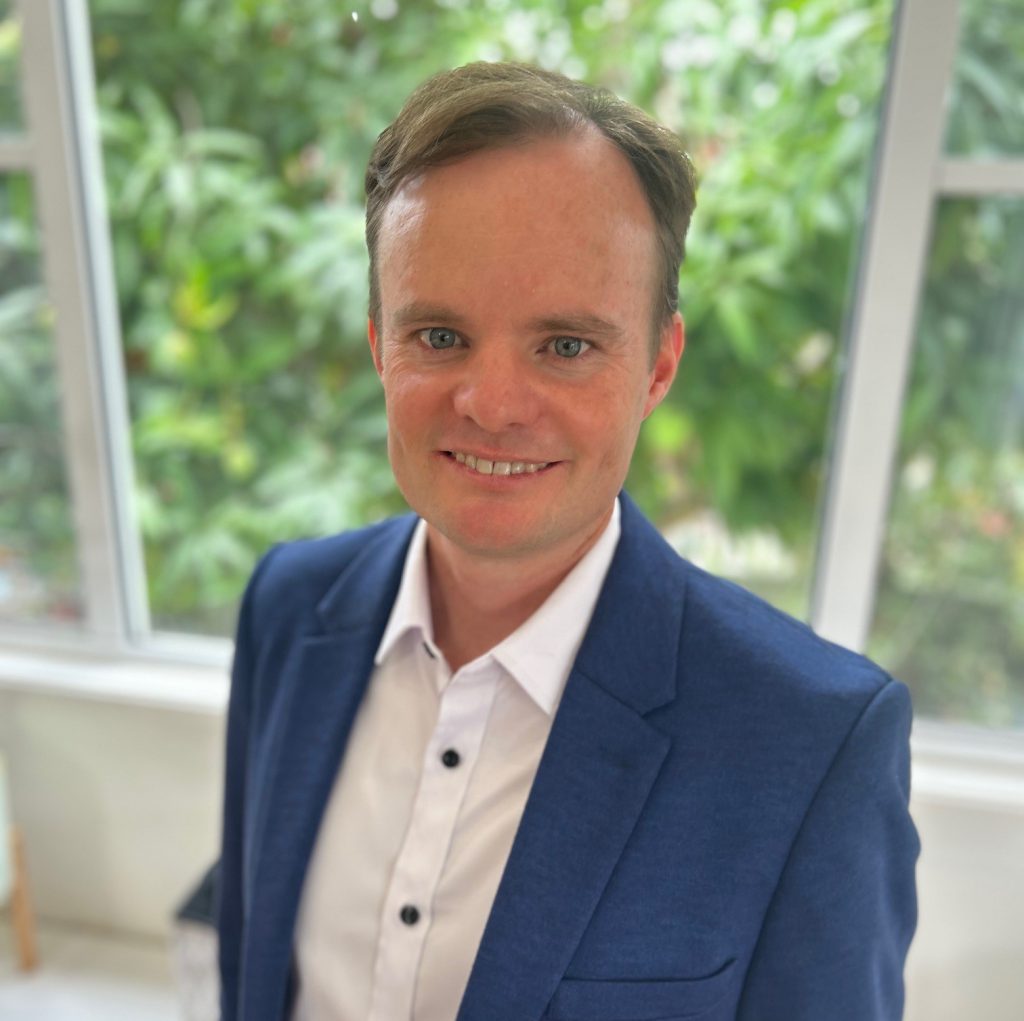
Luke Wolfenden– Innovation in implementation science to improve population nutrition and physical activity
University of Newcastle, Australia
Luke Wolfenden is a behavioural scientist. In 2013 he commenced a NHMRC Career Development Fellowship. He graduated with a PhD in behavioural medicine in 2006. Since submission of his PhD he has worked with internationally recognised research institutions such as the UK Cochrane Centre, and was an invited visiting Fellow at the World Health Organization. Nationally, Luke Wolfenden has been primarily responsible for the evaluation of Australia’s largest ever child obesity prevention program (Good for Kids. Good for Life.) where he led a research collaboration between the Prevention Research Centres of the University of Sydney, Hunter New England Area Health Service and NSW Health
ISBNPA 2024 Climate Action Panel Speakers
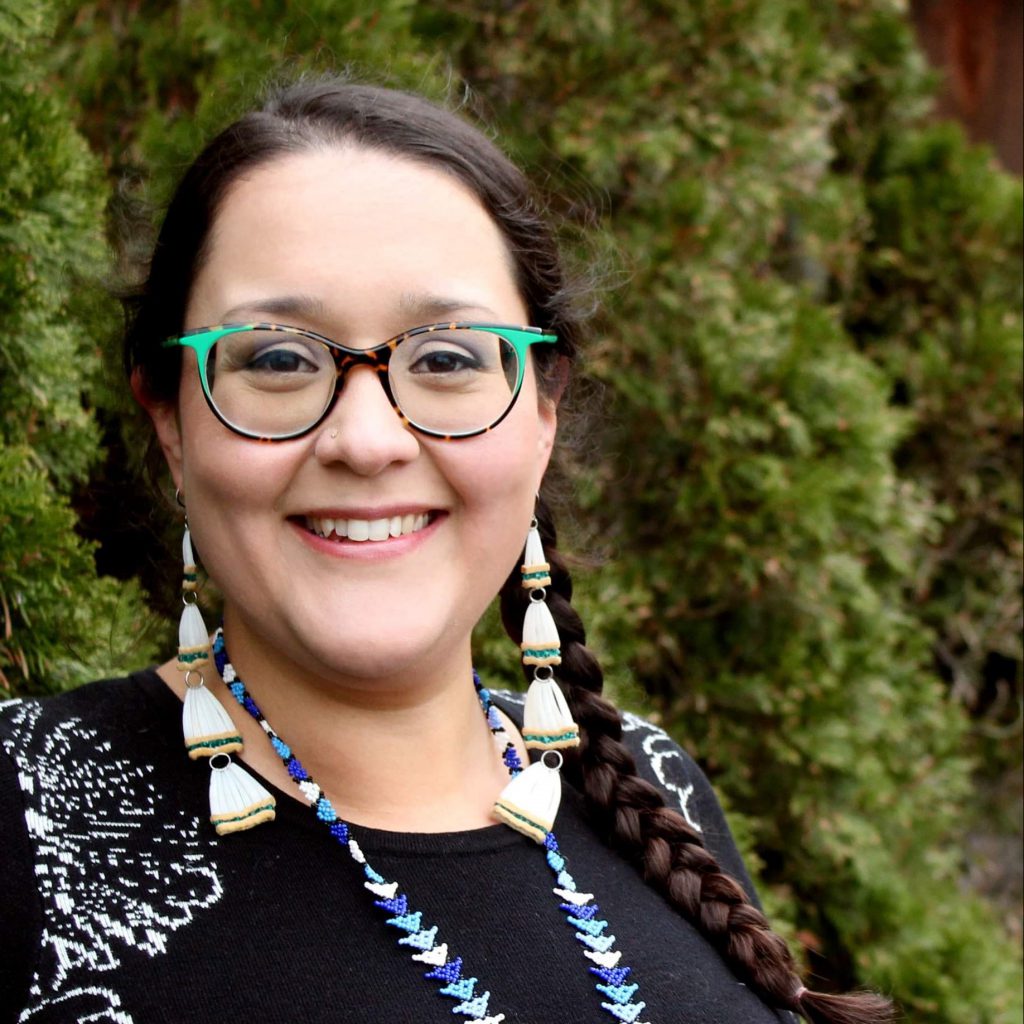
Brittany Jock
McGill University, Canada
Dr. Jock is Bear Clan from the Akwesasne Kanien’kehá:ka (Mohawk) Territory. She obtained her Bachelor’s degree from Syracuse University in chemistry. She holds a Master’s degree in epidemiology and a Doctorate in social and behavioral interventions from the Johns Hopkins School of Public Health. Her public health training centers on the design and application of mixed methods research and the development, implementation, and evaluation of health programs.
Dr. Jock’s research combines epidemiology with social and behavioral science to respond to the obesity and chronic disease inequities experienced by Indigenous Nations and communities. Her research focuses on responding to the dietary shift from Indigenous traditional food systems to highly processed market food systems that resulted from the ongoing colonization of Turtle Island (North America). Dr. Jock’s research is in the following streams: nutrition status and obesity prevention interventions; community participation in research; policy, systems, and environmental approaches for obesity prevention; and influence of social determinants and historical trauma in shaping Indigenous health. She employs qualitative methods to develop interventions, quantitative research methods to evaluate interventions, and community-based participatory research to guide the involvement of Indigenous Nations in her research. She is honoured to work in the ancestral territory of her people.
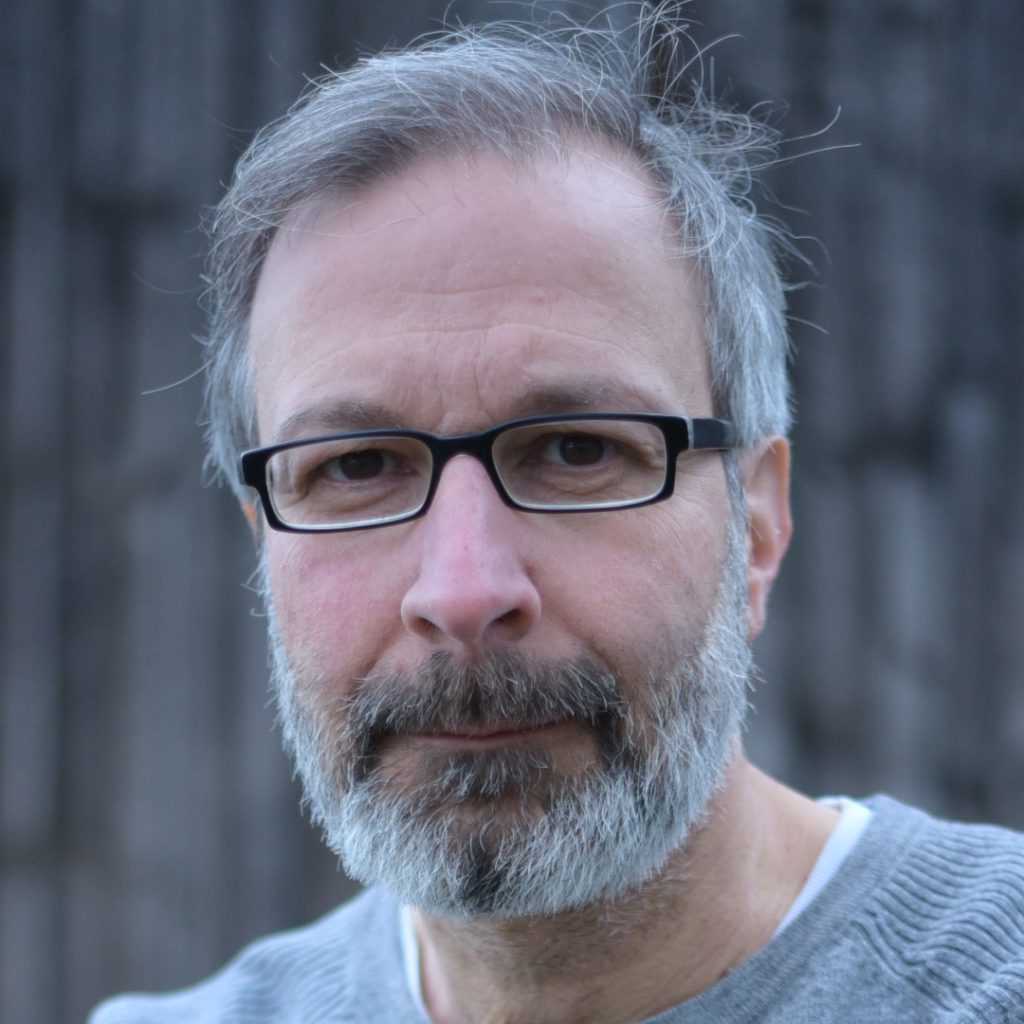
Karim Abu Omar
Friedrich-Alexander-Universität Erlangen-Nürnberg (FAU), Germany
Dr. Karim Abu-Omar is a lecturer at the Department of Sports Science and Sport at Friedrich-Alexander-Universität Erlangen-Nürnberg (FAU), Germany. He is Co-Director of the WHO Collaborating Centre for Physical Activity and Public Health at FAU since 2014. He holds a MA in Sociology from the Heinrich-Heine University Düsseldorf, a PhD in Medical Sociology from the University of Alabama at Birmingham, and a research doctorate in Sport Science at FAU.
He is researching the interrelationships between climate change, and sport and exercise, and has been an invited member to the WHO Europe Expert Group on NCD and Climate Change in 2022. He is also co-chair of the HEPA Europe Working Group on Environmental Approaches to HEPA Promotion.
He is also interested in health inequalities and the promotion of physical activity among vulnerable population groups. He has extensive experience in implementing, scaling and evaluating exercise promotion projects on the community level.

Robert Hogg
AUT University, Auckland, New Zealand
Robert Hogg is an indigenous academic from Aotearoa New Zealand. His tribes (iwi) are Ngai Tūhoe, Ngāti Awa, and Tainui. At AUT University, Auckland, New Zealand, Robb is an Associate Dean Māori Advancement for the Faculty of Health and Environmental Sciences and an Associate Head of School Māori Advancement for the School of Sport and Recreation. Robb takes an indigenous ecosystem approach to planetary health, which he will share these insights with the ISBNPA community as a member of the Climate Action Panel.
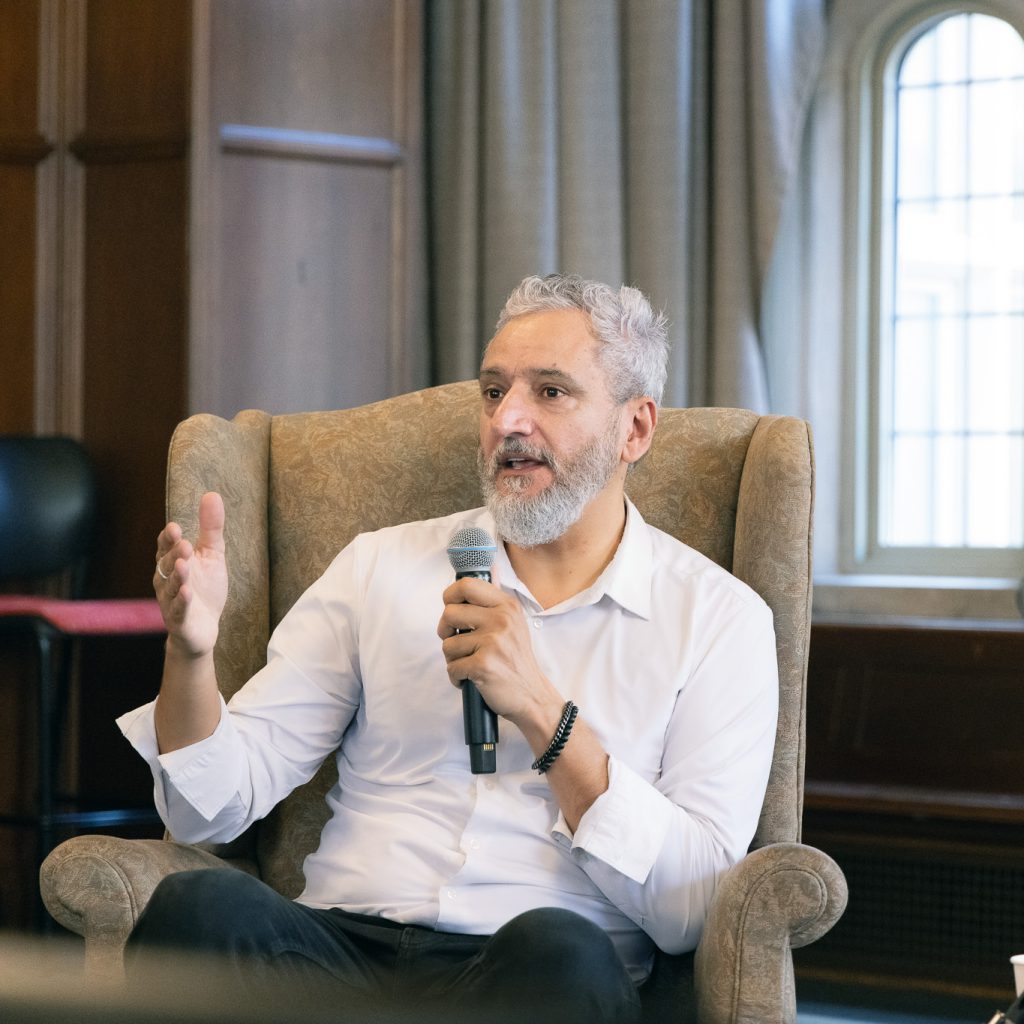
Rodrigo Reis
Washington University, USA
Dr. Reis is a professor of public health and Director of the Office of Public Health at the Washington University in St Louis, where he has previously worked at several capacities, including chair f the urban design and public health MPH specialization, Associate Dean for Public Health, Interim-Codean, as well as led several strategic initiatives on environmental health, sustainability, and environmental justice. Dr, Reis previously worked as a professor at the Urban Management Graduate Program at the Pontifical Catholic University of Parana in Curitiba, Brazil. Dr. Reis has published extensively and his research focuses on physical activity and public health, with particular interest in community interventions for promoting physical activity, built environment and health, active transportation and health, and physical activity surveillance. He is also part of the Lancet Physical Activity Series Group who has developed a series of studies published in the summer of 2012, 2016 and 2021 at The Lancet, and a co-author of Urban Design, Transport and Public health series published in the summer of 2016 at The Lancet and in 2022 at The Lancet Public Health. Dr. Reis has been involved in international projects, such as Project GUIA (Guide for Community in Latin America), IPEN Network (International Physical Activity and Environment Network), the HULAP project, among other multi-country studies. His policy and practice experience includes working with the Brazilian Ministry of Health in the development and monitoring of the National Plan for Combating Non-Communicable Diseases in Brazil, the Pan American Health Organization, and the Ministry of Health in Brazil to implement evidence based public health and physical activity promotion courses for practitioners in Brazil, CDC physical activity courses in Latin America, the National Physical Activity Plan in United States, and the PAHO/ASPPH epidemiology courses in Latin America. Dr. Reis has worked extensively to build physical activity research and practice capacity in Latin America. He is a founder member as former president of the Brazilian Society for Physical Activity and Health, and a founder member and current board member for the Latin American Congress of Physical Activity and Health Research.
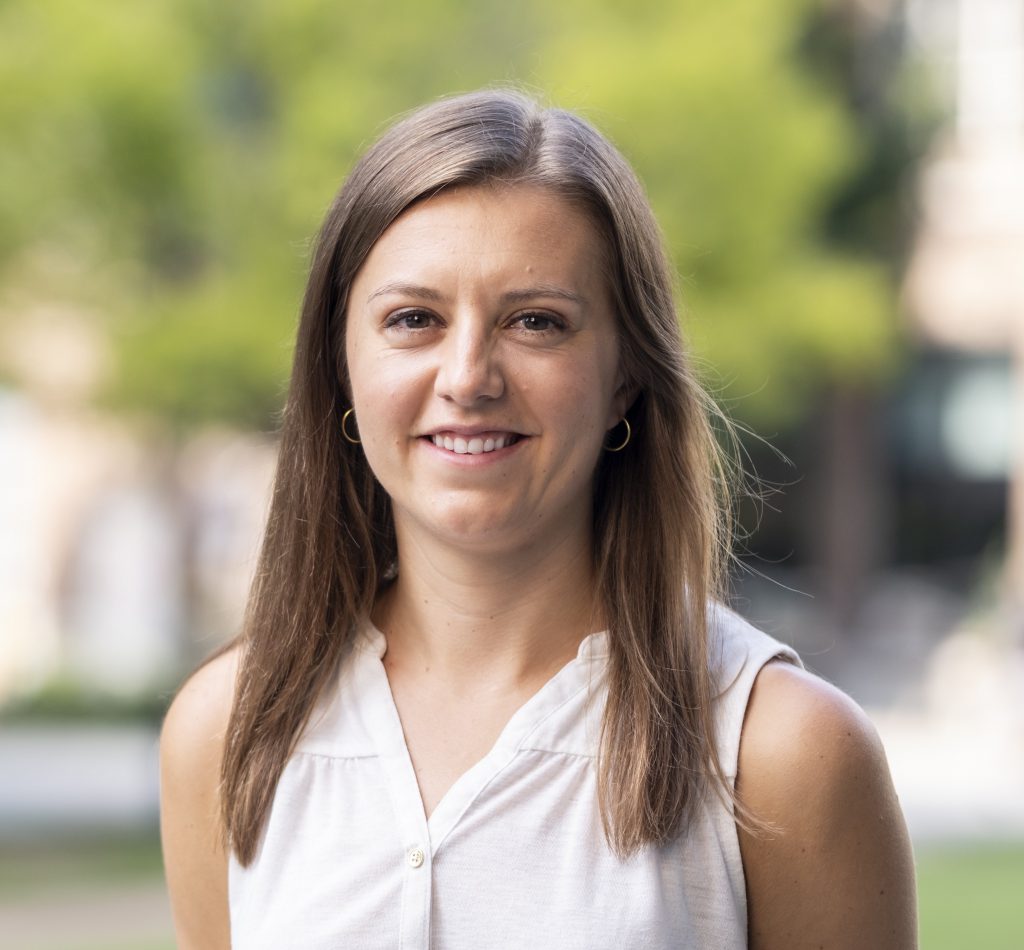
Sarah Frank
University of Edinburgh, Scotland
Dr Sarah M Frank is Lecturer in Nutrition and Health at the University of Edinburgh. She is a nutritional epidemiologist whose research uses large datasets to examine the health and environmental impact of dietary patterns. Her research interests are broadly in policy solutions to support the transition to a healthier, more sustainable, and more equitable food system
